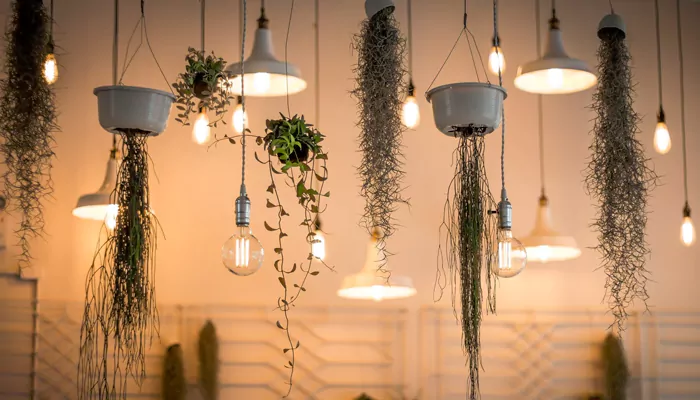Six Best Materials For Kitchen Countertops: Evaluate The Pros And Cons Before Choosing
- Satavisha
- 1 year ago
- 4 minutes read

Choosing the best material for your kitchen countertop can be challenging (expensive, too). Before spending extravagantly, we advise you to evaluate the pros and cons of some of the most commonly used countertop materials—to help you make the right decision.
When choosing a material for your kitchen countertop, you might have to go through a seemingly unending list—available for customisation. However, it is critical to determine the characteristics of every material—including cost, durability, appearance, resistance, maintenance requirements and installation.
Whether you want to incorporate natural stones like granite or marble or are fonder of the visual appeal of ceramic tile, each option comes with its own set of pros and cons—and being informed can help you make the best choice.
Quartz
Assuredly maintenance-free, quartz countertops can resist heat, stain, scratch, and impact. Unlike countertops made of natural stones, quartz has a non-porous surface and does not require sealing. This material is available in many colours and patterns. In addition, it is low-maintenance and resistant to mildew, mould and stains. However, some of the downsides include—being susceptible to heat damage, scratches, and exposure to direct sunlight might result in colour fading.
Polished Granite
Probably the preferred choice of homeowners—traditional polished granite countertops look high-end and can elevate the visual appeal of any kitchen while offering a durable meal prep surface. Since it is a natural material, you can find many stone pattern variations, and matching slabs may become challenging.
Polished granite is resistant to abrasion and heat and is a durable material. However, it is expensive, heavy, requires frequent sealing, and is difficult to install.
Marble
Marble and granite have similar prices. It is a fancy countertop material— best known for its stunning aesthetic appeal. Marble is available in a variety of colours, featuring naturally occurring patterns or marble veining—caused by mineral deposition.
Marble can resist high temperatures, is crack-proof, and is resistant to breaking or chipping—enabling it to last the test of time. However, this high-end natural material is prone to staining and scratching and requires sealing at least once a year.
Soapstone
Soapstone is an excellent material for kitchen countertops because it is resistant to stains. This naturally occurring non-porous stone offers a soft texture to the surface—similar to soap. Even though it is bacteria and heat-resistant, soapstone is susceptible to dents and scratches. Even minimal damages may result in the development of a unique patina that takes time to appear—as the surface oxidises, offering a distinct look to the material.
Laminate Countertops
This cost-effective material is praise-worthy—the resurgence of laminate countertops and its increasing popularity owes it to the availability of unique new patterns that look like natural wood, stone, or even quartz. You can get the look of natural stones or high-end woods at affordable prices.
However, it is essential to note that laminate countertops are susceptible to heat damage, so avoid directly placing hot pans or other cookware on the surface of the countertop. Additionally, this material enjoys a shorter lifespan than the other options and is vulnerable to peeling.
Stainless Steel Countertops
Stainless steel can offer a stylish industrial appeal to your kitchen. The shiny metal surface can blend with any colour and be cleaned very easily — use a mild soap and a clean cloth to wipe off stains from the surface. The notable characteristic of stainless steel is its fantastic ability to prevent bacterial buildup—certainly a hygienic option. But it is vulnerable to dents, scratches, and abrasions. So, keep away sharp objects from the surface.
We hope this guide helps you choose a suitable countertop material that fulfils all your requirements.












